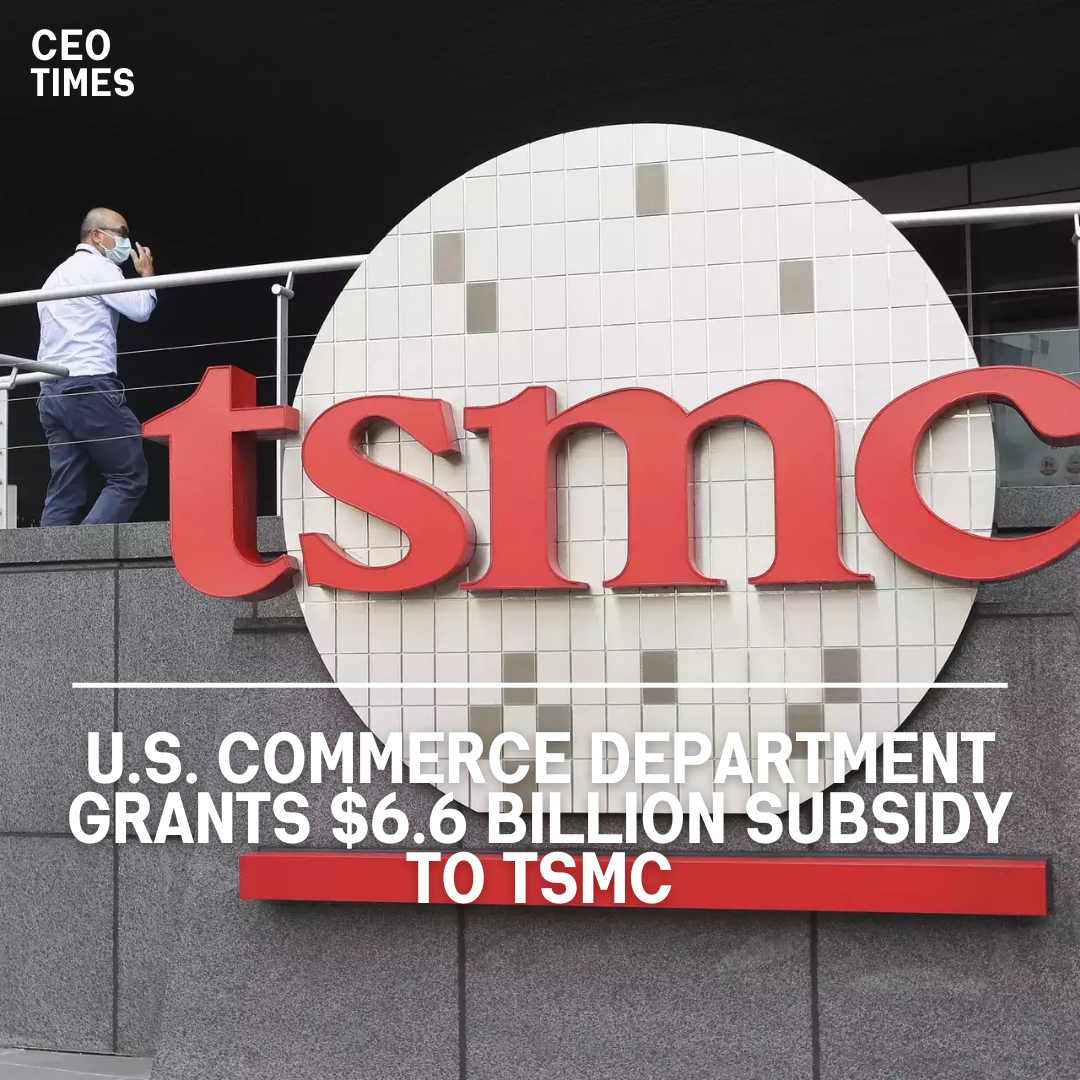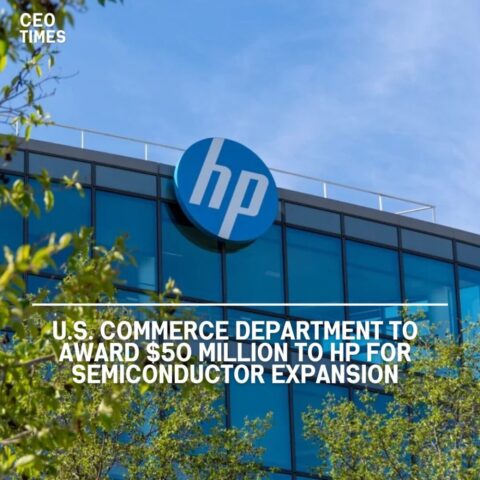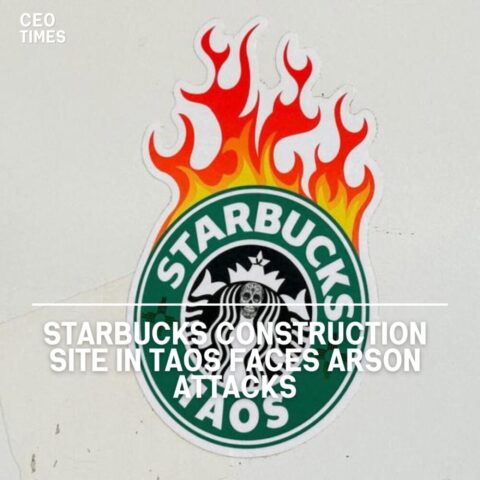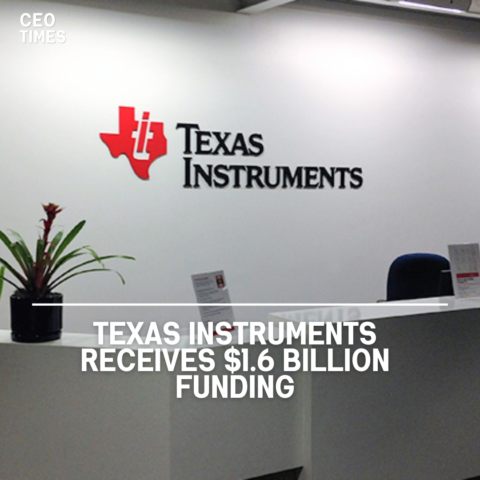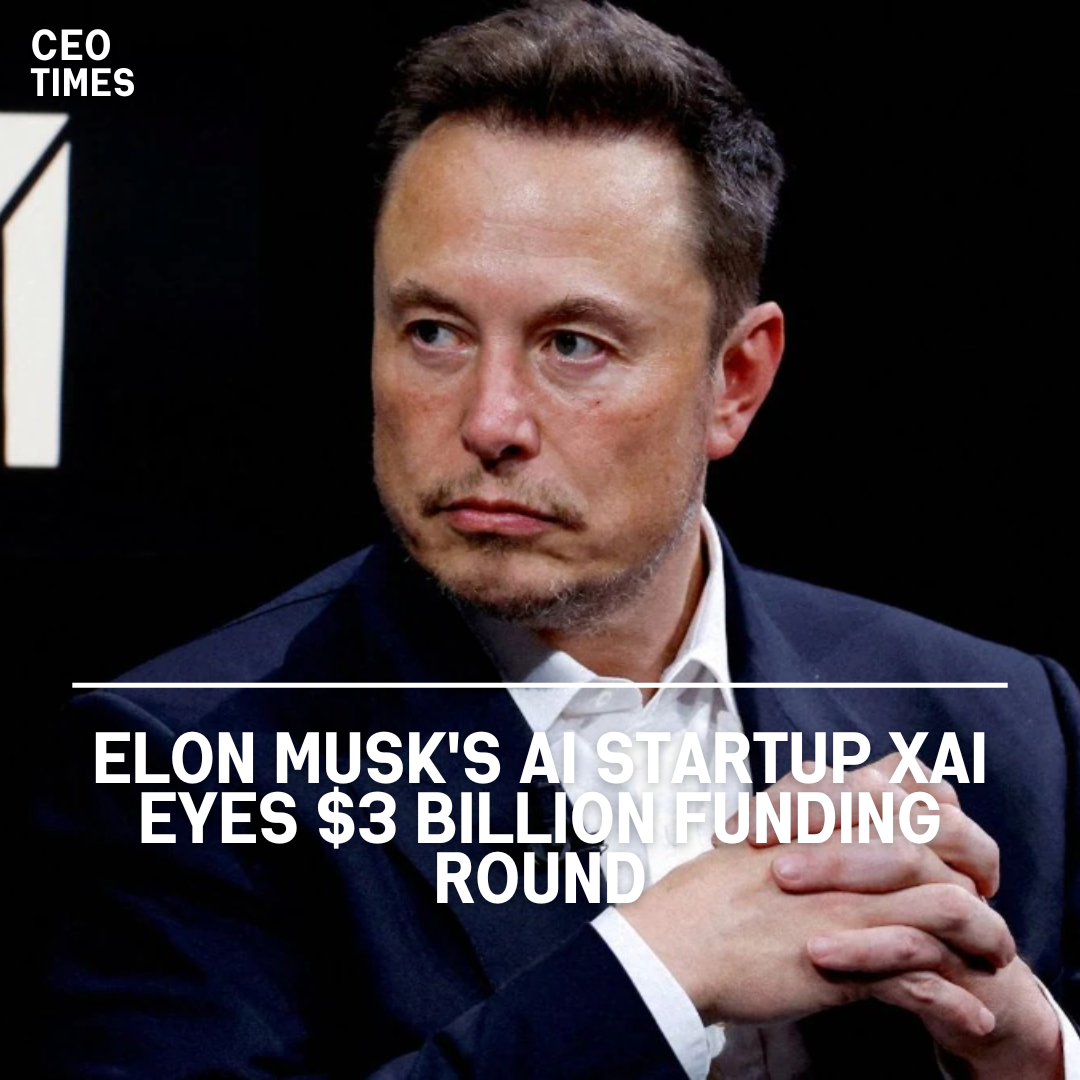The U.S. Commerce Department has announced a substantial investment in Taiwan Semiconductor Manufacturing Co’s (TSMC) U.S. unit, totaling $6.6 billion in subsidies for advanced semiconductor production in Phoenix, Arizona.
This strategic move aims to bolster domestic semiconductor manufacturing capabilities and enhance national security in critical technology sectors.
Expansion Plans and Investment Commitment:
As part of the preliminary award, TSMC has agreed to expand its planned investment by an additional $25 billion, raising the total investment to $65 billion.
The Taiwanese company will establish a third Arizona fab by 2030 and produce cutting-edge 2-nanometer technology at its second Arizona fab, expected to commence production in 2028.
This significant expansion underscores TSMC’s commitment to meeting the growing demand for advanced semiconductor solutions.
Critical Role in National Security and Innovation:
Commerce Secretary Gina Raimondo emphasized the importance of semiconductor chips in driving technological innovation and supporting national security initiatives.
The investment in TSMC’s Arizona unit will contribute to the production of chips crucial for artificial intelligence and the modernization of military and defense capabilities, aligning with broader strategic objectives.
Historic Foreign Direct Investment:
TSMC’s $65 billion-plus investment marks the largest foreign direct investment in a new project in U.S. history, highlighting the semiconductor industry’s significance in fostering economic growth and technological leadership.
The substantial funding underscores the United States’ efforts to secure its position as a global semiconductor manufacturing hub.
Support for Domestic Semiconductor Output:
The investment in TSMC’s Arizona facilities aligns with the Chips and Science Act, which aims to bolster domestic semiconductor production through research and manufacturing subsidies.
The initiative underscores the government’s commitment to enhancing domestic semiconductor capabilities and reducing reliance on foreign suppliers.
Job Creation and Environmental Sustainability:
The projects are expected to create 6,000 direct manufacturing jobs and 20,000 construction jobs, contributing to the region’s economic development and employment chances.
Additionally, TSMC has committed to environmental sustainability by aiming for a 90% water recycling rate in its Arizona factories and implementing measures to minimize water discharge.
Future Outlook and Industry Collaboration:
Through its Arizona fabs, TSMC will cater to critical customers like Apple, Nvidia, and Qualcomm, addressing their leading-edge capacity demands and ensuring a stable semiconductor supply chain.
The collaboration between TSMC and U.S. tech firms underscores the importance of strategic partnerships in driving innovation and competitiveness in the digital era.









